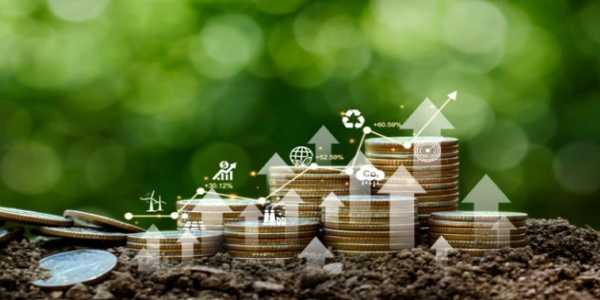Where Is The Global Economy Heading In The Next Decade
As we enter the 2020s, the global economy stands at a crossroads, shaped by many complex factors that will define its trajectory over the next decade. The aftermath of the COVID-19 pandemic has left economies grappling with both recovery and transformation, compelling nations to rethink their strategies for sustainable growth. Alongside this, technological advancements are reshaping industries, while environmental concerns push for a shift towards greener practices. As demographics evolve and geopolitical tensions simmer, how we approach economic policies and international relations is more critical than ever. This article delves into the key drivers that will influence the global economy, examining how these trends may interconnect and the potential challenges ahead as we forge a path into the next decade.
Economic Recovery And Growth
In 2024, the world economy is still grappling with the aftereffects of the COVID-19 pandemic. Countries are focusing on recovery strategies that prioritize sustainability and resilience. Economic growth is expected to be uneven across different regions, with advanced economies likely to recover faster than developing nations. For instance, the United States and the European Union are projected to experience moderate growth rates, bolstered by government stimulus packages and a robust service sector rebound. Conversely, many emerging economies may face challenges due to high debt levels, inflationary pressures, and slower vaccine rollouts.
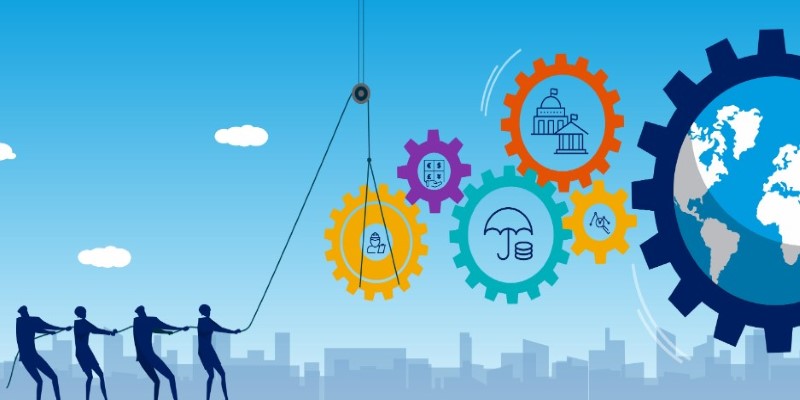
The International Monetary Fund (IMF) has highlighted the need for targeted fiscal policies to stimulate growth in vulnerable regions. This means that infrastructure, education, and healthcare investments will be crucial for building economic resilience. Furthermore, a shift towards green technologies is expected to revitalize economies while significantly addressing climate change.
Technological Advancements
Technological innovation will primarily drive economic change in the coming decade. As we move into the digital age, industries increasingly adopt automation, artificial intelligence (AI), and big data analytics. These technologies enhance efficiency and create new business models and employment opportunities. For example, the rise of remote work has transformed the labour market, allowing companies to tap into a global talent pool.
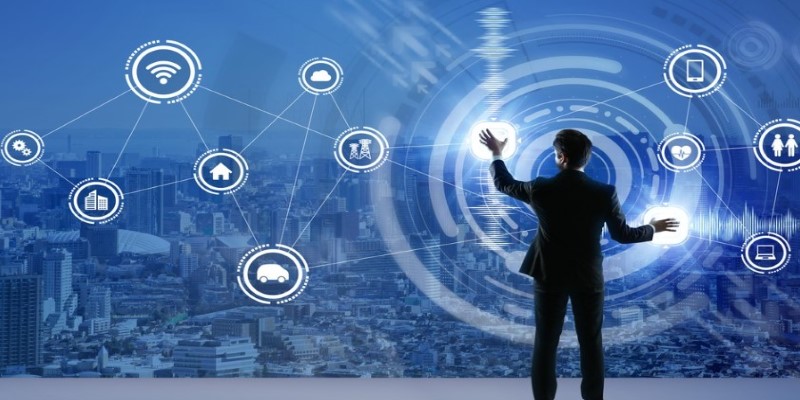
However, this technological shift also brings challenges. The displacement of jobs due to automation is a pressing concern, particularly in sectors like manufacturing and retail. As businesses adopt new technologies, the workforce must adapt through reskilling and upskilling initiatives. Governments and educational institutions must collaborate to ensure workers are equipped with the skills required for future job markets.
Environmental Sustainability
Sustainability will be a crucial theme in the global economy over the next decade. Climate change has become an urgent issue, prompting governments, businesses, and consumers to prioritize environmental considerations in their decision-making processes. The transition to a low-carbon economy is gaining momentum, with many countries committing to net-zero emissions targets. This shift will create significant economic opportunities in renewable energy, electric vehicles, and sustainable agriculture.
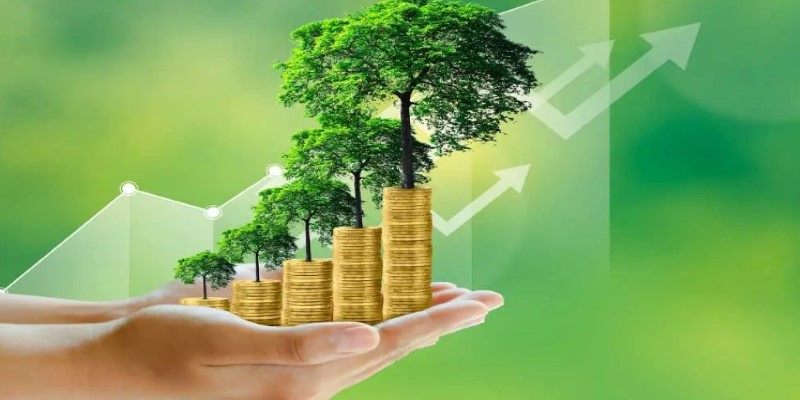
Investments in green technologies are anticipated to flourish as companies recognize the long-term benefits of sustainability. The World Economic Forum projects that the global green economy could be worth trillions of dollars by 2030, creating millions of jobs. However, the challenge lies in ensuring this transition is inclusive and equitable, particularly for communities historically relying on fossil fuels for their livelihoods.
Global Trade Dynamics
The global trade landscape is also evolving, influenced by geopolitical tensions and shifts in consumer preferences. The trade relationships between major economies, such as the United States and China, are expected to remain complex. While efforts to strengthen trade ties may continue, protectionist measures could hinder free trade and disrupt global supply chains. Businesses must navigate these challenges by diversifying their supply chains and considering nearshoring strategies.
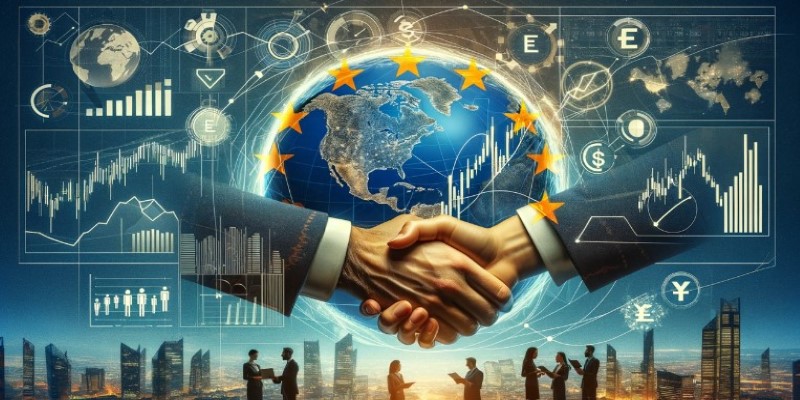
Additionally, the rise of digital trade is reshaping traditional notions of commerce. E-commerce has surged, driven by changing consumer behaviours during the pandemic. As more people shop online, businesses must adapt strategies to thrive in a digital marketplace. This includes investing in logistics, cybersecurity, and customer experience to meet the demands of a tech-savvy consumer base.
Demographic Shifts
Demographic trends will significantly impact the global economy in the coming years. The world is witnessing a shift in population dynamics, characterized by ageing populations in many developed countries and a youthful demographic in developing nations. This disparity presents both opportunities and challenges. For instance, an ageing population may increase the demand for healthcare services and retirement planning, while a young workforce in developing regions can drive economic growth and innovation.

Furthermore, urbanization continues to reshape economies, with more people moving to cities for better opportunities. This trend creates housing, infrastructure, and environmental sustainability challenges, necessitating careful planning and investment from governments and private sectors.
Geopolitical Factors
Geopolitical tensions are likely to influence the global economy over the next decade. Trade wars, territorial disputes, and cybersecurity threats can create market uncertainty and affect investor confidence. Countries will need to navigate these complexities while maintaining economic stability. Collaborative efforts in international diplomacy and trade agreements will be essential to fostering a more resilient global economy.
Moreover, the ongoing conflict in regions like Eastern Europe and the Middle East could disrupt energy supplies and contribute to price volatility in global markets. This underscores the importance of diversifying energy sources and investing in renewable technologies to mitigate risks associated with geopolitical instability.
Conclusion
Looking toward the future, the global economy is set to undergo profound changes driven by recovery efforts, technological innovation, and environmental urgency. Collaboration and forward-thinking strategies will be essential as nations adapt to demographic shifts and navigate geopolitical challenges. The emphasis on sustainability and resilience can lead to new economic opportunities that benefit all sectors of society. We can cultivate a robust global economy that thrives in uncertainty by embracing technological advancements while remaining mindful of social and environmental impacts. Ultimately, the next decade holds the potential for transformative growth, provided we prioritize inclusivity and equity in our economic pursuits, ensuring everyone shares progress's benefits.


